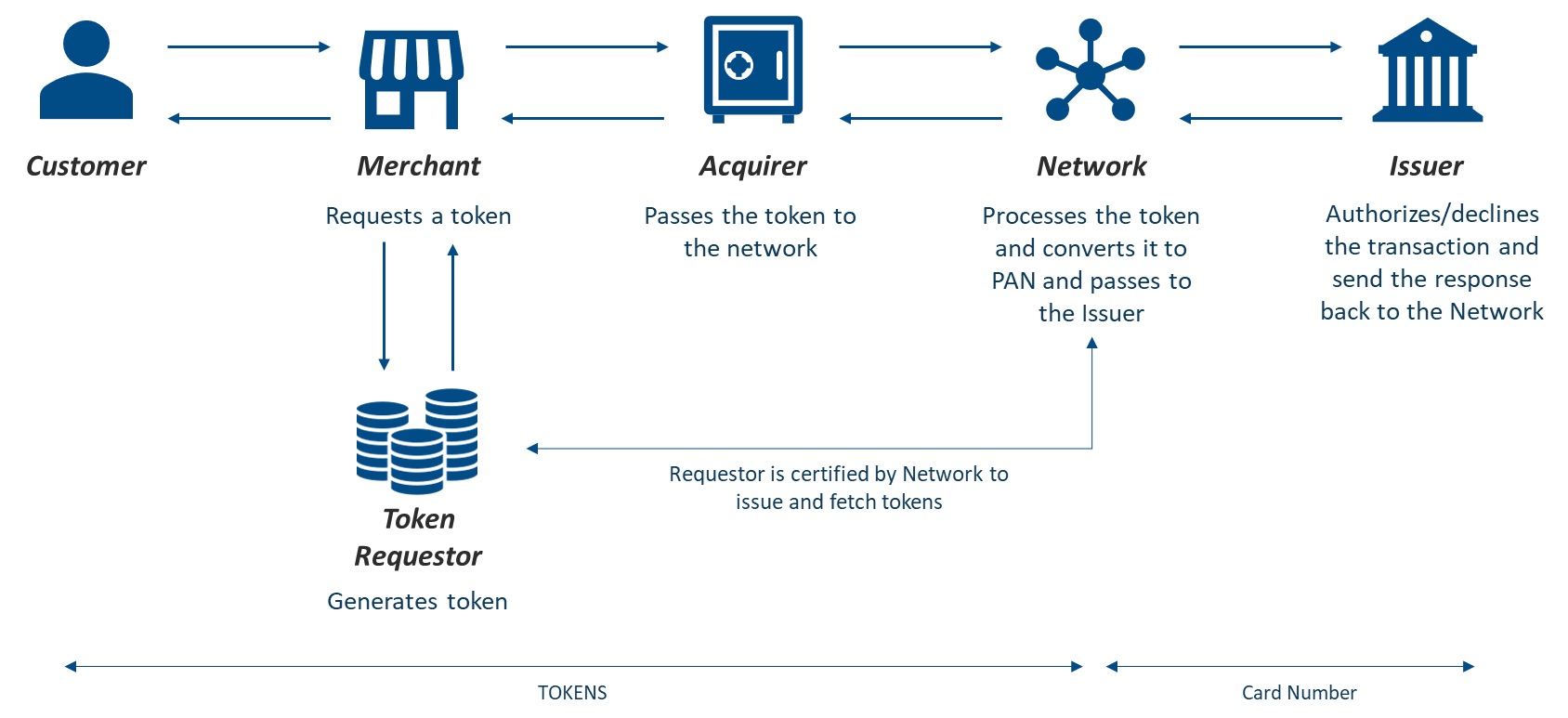How tokenisation is transforming financial processes
Blockchain-based tokenisation of financial assets is becoming increasingly popular. Both institutional investors and government agencies are paying attention to this technology. Experts predict that tokenisation will become a widely used tool in capital markets in the future. This is evidenced by the number of companies and institutions that are actively implementing tokenisation to build financial infrastructure.
The integration of financial and trade flows makes global processes increasingly interconnected. However, there are limiting factors that slow down global market development. For example, each physical asset class trades on different technology systems, creating silos. Many of these approaches are outdated and create challenges for instantaneous transactions. This is particularly true for the operations of banks and governments, which use a complex ecosystem.
Tokenisation may be the optimal solution to modernise the sector. It is not only private market players that have considered its potential. Global companies and government agencies have assessed the need to move to more modern tools:
1. The Bank of England is actively developing digital currency and plans to expand its use.
2. Belgium’s Euroclear is introducing technology for blockchain-based trading.
3. The European Investment Bank and the World Bank are managing tokenised assets.

Benefits of tokenisation and smart contracts
According to estimates, smart contracts can save US$15-20 billion in global infrastructure costs by automating processes and speeding up transactions.
In addition, the modern market needs to reduce the cycles associated with the settlement process. The use of contemporary blockchain solutions has a number of benefits:
– liquidity improvement;
– market efficiency increase;
– systemic risk reduction;
– minimising problems caused by the use of different technological systems.
Traditional infrastructure lacks the network connectivity inherent in blockchain. As a result, legacy systems require disparate storage to function, making it difficult to process transactions. In addition, tokenisation will free up capital for financial institutions to the tune of US$100 billion per year.
Privacy and ecosystem management issues
Despite the benefits of distributed ledger technology, there are a number of issues associated with its use. First and foremost is the issue of privacy. This is particularly important for governments and financial institutions that need to ensure transparency and compliance.
In most cases, an independent organisation manages the ecosystem. For example, the Global Synchronizer Foundation is governed by the Linux Foundation and key market participants. This guarantees transparency and eliminates the risk of monopolisation.
Digital assets have already proven their effectiveness and potential. They have every chance of becoming the basis for transforming financial systems. This will lead to a more convenient and secure infrastructure for global market participants.




